September 14 stands as one of history’s most eventful days, witnessing the rise and fall of empires, groundbreaking discoveries, and moments that shaped our modern world across centuries of human achievement.

Politics and Government Events on September 14
1901 – President William McKinley Dies, Theodore Roosevelt Assumes Presidency

Vice President Theodore Roosevelt ascended to the presidency after President William McKinley succumbed to wounds inflicted by anarchist Leon Czolgosz on September 6. At age 42, Roosevelt became the youngest president in American history.
The assassination marked a pivotal moment in American politics, launching the Progressive Era under Roosevelt’s dynamic leadership. His presidency would transform the nation’s domestic and foreign policies for decades to come.
1917 – Russian Republic Formally Replaces the Russian Empire
The centuries-old Russian Empire officially ended as the provisional government established the Russian Republic. This momentous transition followed the February Revolution that forced Tsar Nicholas II’s abdication.
The republic’s establishment represented Russia’s brief experiment with democratic governance. However, political instability and ongoing war would soon pave the way for the Bolshevik Revolution.
1960 – Congo Crisis Escalates with Military Coup
Mobutu Sese Seko seized power in the Democratic Republic of Congo through a military coup, suspending parliament and the constitution. The young colonel’s actions intensified the ongoing Congo Crisis that had plagued the newly independent nation.
Mobutu’s takeover marked the beginning of his eventual 32-year dictatorship. His authoritarian rule would profoundly shape Central African politics and economics for generations.
1982 – Lebanese President-Elect Bachir Gemayel Assassinated
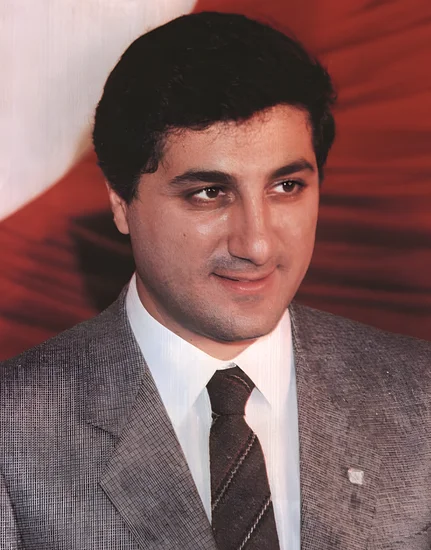
A massive bomb explosion killed President-elect Bachir Gemayel at the Kataeb Party headquarters in Beirut. The assassination occurred just weeks before he was scheduled to assume office during Lebanon’s civil war.
Gemayel’s death triggered a series of violent reprisals and international interventions. The event significantly escalated tensions in the already volatile Lebanese conflict.
2003 – Estonia Approves European Union Membership
Estonian voters overwhelmingly supported joining the European Union in a national referendum. The decisive vote marked Estonia’s final step toward full integration with Western European institutions.
The referendum result reflected Estonia’s determination to anchor itself firmly within the Western democratic community. EU membership would accelerate the country’s economic development and political modernization.
Military and Naval History on September 14
1914 – Royal Australian Navy Loses First Submarine
HMAS AE1, the Royal Australian Navy’s inaugural submarine, vanished without trace near East New Britain, Papua New Guinea. All crew members aboard the pioneering vessel perished in the mysterious disappearance.
The loss shocked the young Australian naval service and highlighted the dangers of early submarine warfare. Despite extensive searches, the submarine’s wreckage remained undiscovered for over a century.
1939 – Polish Submarine Incident Sparks Diplomatic Crisis
Estonian military forces boarded the Polish submarine ORP Orzeł in Tallinn harbor, creating a significant diplomatic incident. The Soviet Union would later exploit this event to justify its annexation of Estonia.
The submarine’s crew eventually escaped to Britain, but the incident provided Moscow with propaganda ammunition. This crisis exemplified how smaller nations became pawns in larger power struggles.
1940 – Hungarian Army Commits Massacre in Transylvania
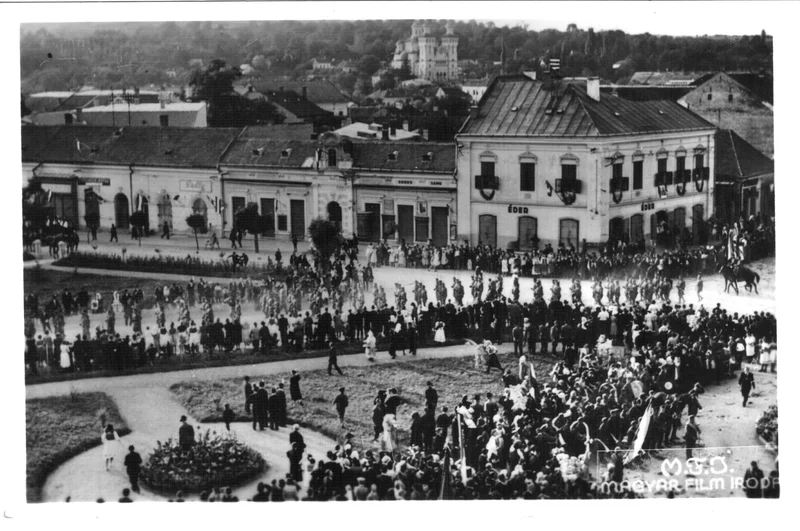
Hungarian forces, supported by local Hungarian civilians, killed 158 Romanian civilians in the village of Ip, Sălaj. The massacre represented a brutal act of ethnic cleansing in newly acquired Northern Transylvania.
The atrocity demonstrated the violent ethnic tensions that plagued the region during World War II. These killings reflected the broader pattern of nationalist violence across Eastern Europe.
1944 – Maastricht Becomes First Liberated Dutch City
Allied forces liberated Maastricht, making it the first Dutch city freed from Nazi occupation. The liberation marked the beginning of the Netherlands’ gradual recovery from years of harsh German rule.
Jubilant crowds welcomed the advancing Allied troops as symbols of hope and freedom. Maastricht’s liberation inspired Dutch resistance fighters and civilians throughout the occupied territories.
Science and Discovery Milestones on September 14
1954 – Soviet Union Conducts Secret Nuclear Test
A Soviet Tu-4 bomber dropped a 40-kiloton atomic weapon near Totskoye village in a top-secret nuclear test. The exercise demonstrated the Soviet Union’s growing nuclear capabilities during the Cold War arms race.
The test involved military personnel positioned dangerously close to the explosion site. This experiment revealed the Soviet military’s willingness to risk human lives for weapons development.
1958 – German Post-War Rockets Reach Upper Atmosphere
Two German rockets designed by engineer Ernst Mohr successfully reached the upper atmosphere, marking West Germany’s return to space technology. These launches represented the country’s first post-war achievements in rocket development.
The successful flights demonstrated Germany’s potential to contribute to peaceful space exploration. This achievement helped rehabilitate German aerospace engineering on the international stage.
2015 – First Gravitational Waves Detected
The LIGO and Virgo collaborations made the first direct observation of gravitational waves, confirming Einstein’s century-old prediction. This groundbreaking discovery opened an entirely new field of astronomy and physics.
The detection revolutionized our understanding of the universe and cosmic phenomena. Scientists announced this historic achievement to the world on February 11, 2016, marking a new era in astrophysics.
Cultural and Arts Events on September 14
1911 – Russian Premier Shot at Kiev Opera House

Dmitry Bogrov shot Russian Premier Pyotr Stolypin during a performance of Rimsky-Korsakov’s “The Tale of Tsar Saltan” at the Kiev Opera House. The assassination occurred in the presence of Tsar Nicholas II, shocking the imperial court.
The attack demonstrated the persistent threat of revolutionary violence against the Russian government. Stolypin’s death removed one of the empire’s most capable reform-minded leaders.
1984 – Joe Kittinger Achieves Solo Balloon Atlantic Crossing

Adventurer Joe Kittinger became the first person to successfully fly a gas balloon alone across the Atlantic Ocean. His daring journey captured international attention and pushed the boundaries of aviation achievement.
The historic flight demonstrated human ingenuity and determination in conquering natural barriers. Kittinger’s accomplishment inspired future generations of aviation pioneers and adventurers.
1994 – Major League Baseball Season Canceled Due to Strike
Labor disputes forced the cancellation of the remainder of the Major League Baseball season, including the World Series. The strike represented one of the most significant work stoppages in professional sports history.
The cancelled season devastated baseball fans and damaged the sport’s reputation for years. This labor conflict highlighted the growing tensions between players and team owners over financial issues.
Religious and Social Events on September 14
1975 – Elizabeth Ann Seton Canonized as First American Saint
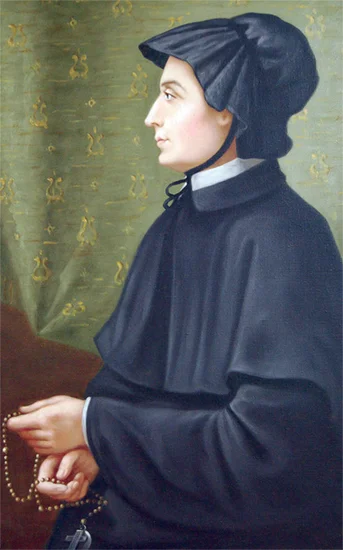
Pope Paul VI canonized Elizabeth Ann Seton, making her the first native-born American to achieve sainthood. The ceremony at the Vatican recognized her contributions to Catholic education and charitable work.
Seton’s canonization represented a milestone for American Catholics and their integration into the universal Church. Her life exemplified the intersection of faith, education, and social service in American society.
2001 – National Prayer Service Held for September 11 Victims

The Historic National Prayer Service took place at Washington National Cathedral to honor victims of the September 11 attacks. A similar service occurred simultaneously on Parliament Hill in Canada, representing international solidarity.
These services provided spiritual comfort to grieving nations and demonstrated the power of faith during crisis. The gatherings brought together people of all denominations in shared mourning and hope.
2022 – Queen Elizabeth II’s Coffin Processed to Westminster Hall
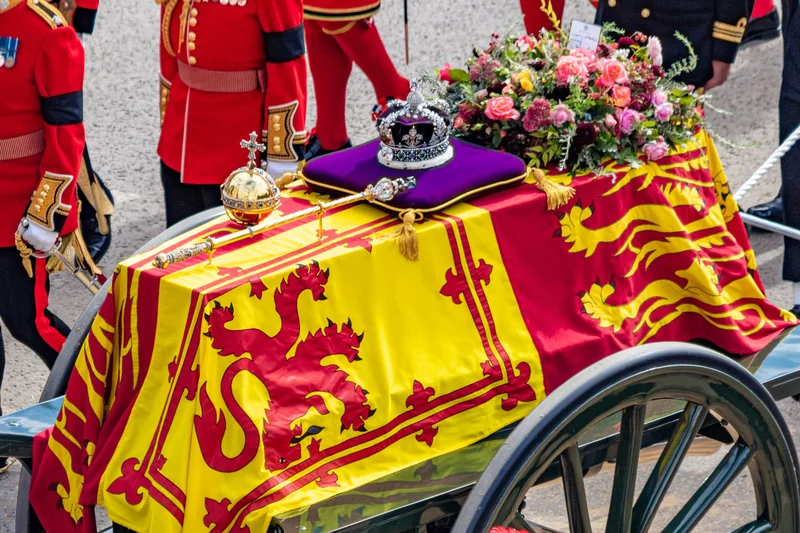
Queen Elizabeth II’s coffin was transported from Buckingham Palace to Westminster Hall for lying in state. The solemn procession drew millions of mourners who queued for miles along the River Thames.
The unprecedented public response demonstrated the Queen’s profound impact on British society. Her lying in state became one of the largest gatherings in British history, reflecting deep national grief and respect.
Business and Economic Events on September 14
1960 – Organization of Petroleum Exporting Countries Founded
OPEC was established by oil-producing nations to coordinate petroleum policies and protect their economic interests. The organization would become one of the most influential economic cartels in modern history.
OPEC’s formation marked a shift in global energy politics toward producer nation control. The organization’s decisions would later trigger major economic crises and reshape international relations.
1998 – MCI and WorldCom Complete Massive Merger
Telecommunications giants MCI Communications and WorldCom finalized their $37 billion merger to create MCI WorldCom. The deal represented one of the largest corporate mergers in telecommunications history.
The merger dramatically reshaped the American telecommunications landscape and increased market concentration. However, the combined company would later collapse in one of the biggest corporate scandals ever.
2007 – Northern Rock Experiences Historic Bank Run
Northern Rock bank suffered the United Kingdom’s first bank run in 150 years, with customers queuing to withdraw deposits. The crisis served as a prelude to the devastating 2008 global financial crisis.
The bank’s collapse exposed dangerous vulnerabilities in the British financial system. Northern Rock’s failure foreshadowed the broader banking crisis that would soon engulf the global economy.
Transportation and Infrastructure on September 14
1985 – Penang Bridge Opens to Traffic
The Penang Bridge, Malaysia’s longest bridge, opened to traffic connecting Penang island to the mainland. The impressive structure revolutionized transportation and economic development in the region.
The bridge’s completion marked a significant engineering achievement for Malaysia. It transformed Penang’s accessibility and accelerated the state’s industrial and tourism growth.
2000 – Microsoft Releases Windows Me
Microsoft launched Windows Millennium Edition, marketed as an upgrade for home computer users. The operating system aimed to bridge the gap between older Windows versions and newer NT-based systems.
Windows Me received mixed reviews from users and critics alike. Despite Microsoft’s marketing efforts, the system became known for stability issues and was quickly superseded by Windows XP.
1993 – Lufthansa Flight 2904 Crashes in Warsaw

Lufthansa Flight 2904, an Airbus A320, crashed after overshooting the runway at Warsaw’s Okęcie International Airport. The accident killed two people and highlighted important aviation safety concerns.
The crash investigation revealed critical issues with aircraft braking systems in adverse weather conditions. This incident led to important safety improvements in commercial aviation technology.
Sports and Recreation on September 14
1999 – Three Pacific Nations Join United Nations
Kiribati, Nauru, and Tonga simultaneously joined the United Nations, expanding the organization’s Pacific representation. Their membership reflected the growing importance of small island nations in international affairs.
These additions brought unique perspectives on climate change and ocean conservation to global discussions. The three nations’ UN membership strengthened their voices in addressing Pacific regional challenges.
2019 – Houthi Rebels Attack Saudi Oil Facilities
Yemen’s Houthi rebels claimed responsibility for devastating attacks on Saudi Arabian oil facilities using drones and missiles. The strikes temporarily disrupted global oil supplies and shocked energy markets worldwide.
The sophisticated attack demonstrated the rebels’ growing military capabilities and regional influence. The incident escalated tensions between Saudi Arabia and Iran while highlighting Middle Eastern instability.
1989 – Standard Gravure Workplace Shooting
Former pressman Joseph T. Wesbecker killed eight people and injured twelve others at Standard Gravure in Louisville, Kentucky. The tragic shooting highlighted growing concerns about workplace violence in America.
The incident sparked national discussions about mental health, workplace safety, and gun violence. This tragedy became a catalyst for developing workplace violence prevention programs across the country.
Notable Births on September 14
1934 – Kate Millett Born
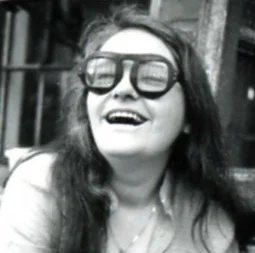
American feminist author Kate Millett entered the world, destined to become a pioneering voice in women’s liberation. Her intellectual curiosity and passion for social justice shaped her early development.
Millett would later write “Sexual Politics,” a groundbreaking work that challenged patriarchal structures. Her scholarship and activism fundamentally transformed feminist theory and gender studies.
1936 – Walter Koenig Born

American actor Walter Koenig was born in Chicago, Illinois, beginning a journey toward science fiction stardom. His early interest in theater and performance arts guided his career aspirations.
Koenig achieved international fame portraying Pavel Chekov in the original Star Trek series. His Russian character became an iconic part of science fiction television history.
1936 – Ferid Murad Born
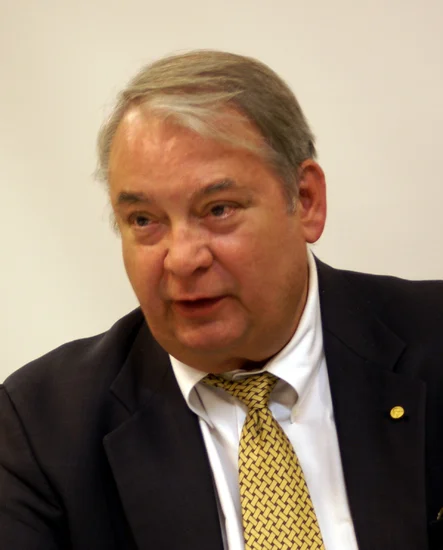
American physician Ferid Murad was born in Whiting, Indiana, showing early promise in scientific research. His fascination with medicine and pharmacology drove his academic pursuits.
Murad’s groundbreaking research on nitric oxide earned him the Nobel Prize in Physiology or Medicine. His discoveries revolutionized understanding of cardiovascular health and drug development.
1971 – Renzo Piano Born
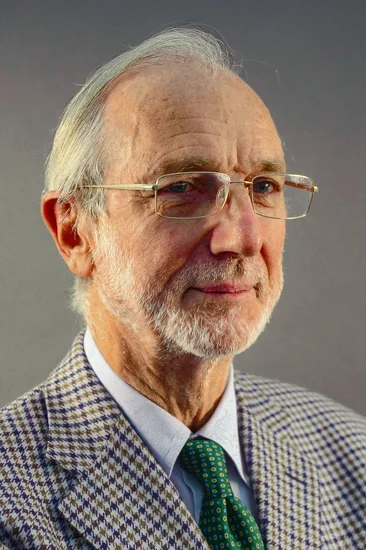
Italian architect Renzo Piano was born in Genoa, inheriting a family tradition in construction and design. His innovative approach to architecture emerged from studying engineering and design principles.
Piano designed iconic structures including The Shard in London and The New York Times Building. His architectural philosophy emphasizes light, transparency, and environmental sustainability.
1965 – Dmitry Medvedev Born

Russian lawyer and politician Dmitry Medvedev was born in Leningrad, beginning a path toward political leadership. His legal education and academic background shaped his analytical approach to governance.
Medvedev served as Russia’s President from 2008 to 2012, briefly interrupting Vladimir Putin’s rule. His presidency represented a period of attempted modernization and technological advancement.
1970 – Ketanji Brown Jackson Born

American lawyer Ketanji Brown Jackson was born in Washington, D.C., destined for judicial greatness. Her parents’ emphasis on education and service inspired her legal career ambitions.
Jackson became the first African American woman appointed to the Supreme Court of the United States. Her confirmation marked a historic milestone in American jurisprudence and civil rights.
1973 – Nas Born

American rapper Nas was born Nasir Jones in Brooklyn, New York, into a musical family environment. His father’s jazz background and urban surroundings influenced his artistic development.
Nas became one of hip-hop’s most respected lyricists and storytellers. His debut album “Illmatic” is widely considered among the greatest rap albums ever recorded.
1983 – Amy Winehouse Born

English singer-songwriter Amy Winehouse was born in London, displaying musical talent from an early age. Her distinctive voice and jazz influences set her apart from contemporary performers.
Winehouse’s soulful performances and personal struggles captivated audiences worldwide. Her album “Back to Black” earned critical acclaim and multiple Grammy Awards before her tragic death.
Notable Deaths on September 14
1901 – William McKinley Dies
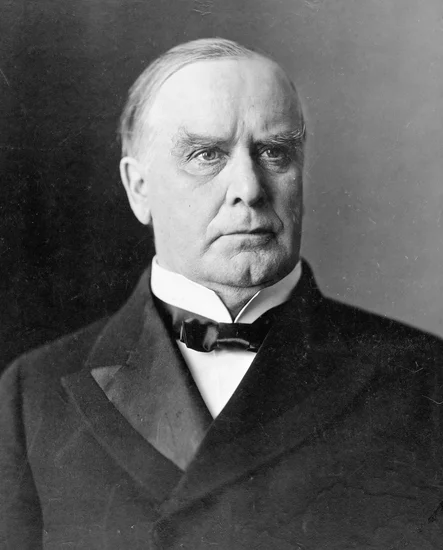
President William McKinley succumbed to wounds inflicted by an anarchist’s bullet eight days earlier. The 25th President’s death shocked the nation and elevated Theodore Roosevelt to the presidency.
McKinley’s assassination highlighted the vulnerability of public officials and sparked enhanced security measures. His death marked the end of the Gilded Age and the beginning of the Progressive Era.
1927 – Isadora Duncan Dies
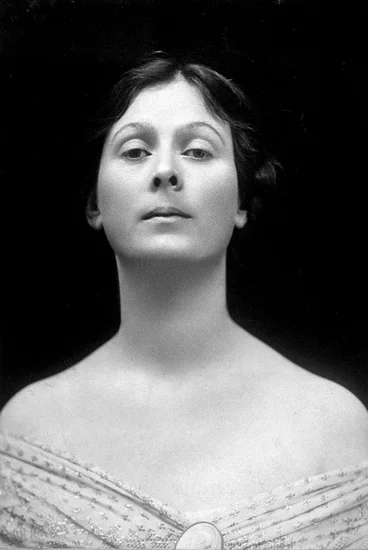
Pioneering American dancer and choreographer Isadora Duncan died tragically in Nice, France, when her scarf caught in a car’s wheel. Her revolutionary approach to dance had transformed the art form.
Duncan’s death was as dramatic as her life, symbolizing the artistic passion that drove her career. She left behind a legacy of modern dance that continues to influence performers today.
1982 – Grace Kelly Dies
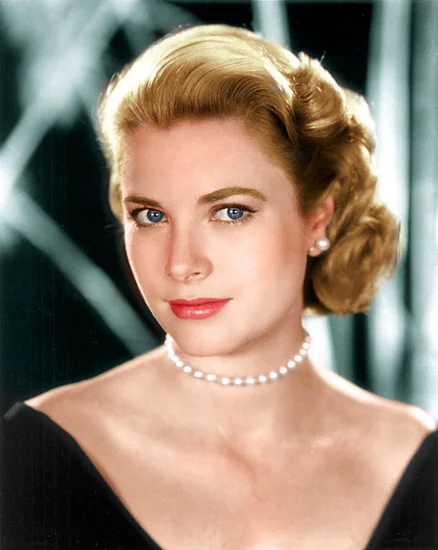
Academy Award-winning actress Grace Kelly, who became Princess of Monaco, died from injuries sustained in a car accident. Her death shocked the entertainment world and international royalty.
Kelly’s transformation from Hollywood star to European princess captured global imagination. Her tragic death at age 52 ended one of the most fascinating celebrity stories of the 20th century.
2009 – Patrick Swayze Dies

Beloved American actor Patrick Swayze lost his battle with pancreatic cancer at age 57. His performances in “Dirty Dancing” and “Ghost” had made him a romantic icon.
Swayze’s courageous fight against cancer inspired millions of fans worldwide. His death marked the end of a career that brought joy and romance to audiences across generations.
1979 – Nur Muhammad Taraki Dies
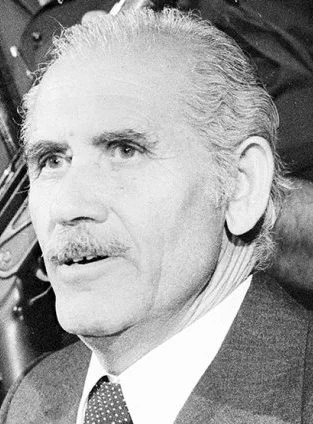
Afghan President Nur Muhammad Taraki was assassinated on orders from his deputy Hafizullah Amin. The brutal power struggle reflected the political instability plaguing Afghanistan during the Cold War.
Taraki’s death intensified the Afghan civil war and contributed to Soviet intervention. His assassination marked another tragic chapter in Afghanistan’s long history of political violence.
Holidays and Observances on September 14
Feast of the Cross

Christians worldwide observe the Feast of the Cross, commemorating the discovery of the True Cross by Saint Helena. This ancient celebration honors one of Christianity’s most sacred relics and symbols.
The feast day holds special significance in both Eastern and Western Christian traditions. Churches conduct special services and processions to commemorate Christ’s sacrifice and redemption.
Hindi Day

Hindi-speaking states across India celebrate Hindi Day, promoting the official language and cultural heritage. The observance encourages linguistic unity and celebrates India’s diverse cultural traditions.
Educational institutions and government offices organize special programs highlighting Hindi literature and poetry. The day reinforces the importance of preserving India’s linguistic heritage for future generations.
Engineer’s Day
Romania celebrates Engineer’s Day, honoring the contributions of engineers to technological advancement and infrastructure development. The observance recognizes the vital role of engineering in modern society.
Professional engineering associations organize conferences and award ceremonies to celebrate achievements. The day highlights engineering excellence and inspires young people to pursue technical careers.
